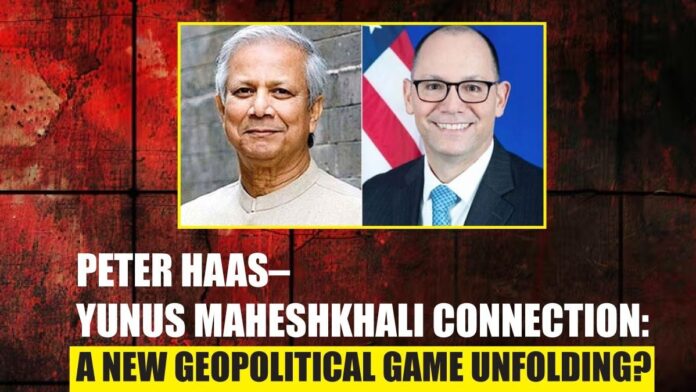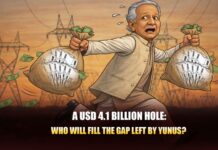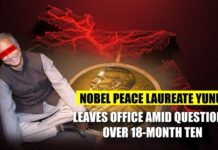On social media, particularly Facebook, U.S. Ambassador Peter Haas’s sudden visit to Maheshkhali on the same day that Chief Adviser Dr. Muhammad Yunus made remarks about Maheshkhali–Matarbari has sparked intense criticism and concern.
A verified Facebook user named Aminul Islam posted about these two events side by side, raising alarm over the country’s sovereignty. The post quickly went viral, igniting widespread debate online.
In his post, Aminul Islam wrote:
“Today I saw Peter Haas go to Maheshkhali. And today Professor Yunus made this statement! Will Bangladesh remain, or will they hand over the whole country? Yunus has come to sell off the nation.”
He further added that wherever the United States has intervened, conditions have only worsened. Citing examples of Syria, Afghanistan, Sudan, and Iraq, he expressed fear that Bangladesh could face a similar fate.
Along with his post, he attached a screenshot from a report published in Daily Samakal. The headline quoted the Chief Adviser: “A new city will be born in Maheshkhali–Matarbari: Chief Adviser.” Inside, the report quoted him as saying: “We have never entered the maritime world, nor even thought about it.”
The coincidence of Peter Haas’s Maheshkhali trip and the government’s new development declaration for the same area has led many to look at the matter differently. Social media users are now drawing geopolitical connections, reflecting rising public suspicion about foreign involvement in domestic affairs.
Analysts point out that since China-backed deep-sea port projects in Myanmar, the U.S. has become increasingly active in securing a strategic foothold in Southeast Asia. The Rohingya crisis, humanitarian corridors, and the future of Chattogram Port have turned this region into a major arena of U.S.–China rivalry.
In this context, fears have also emerged about a conspiracy to create a “Christian State” in parts of Bangladesh and Myanmar—drawing parallels with East Timor. Sheikh Hasina herself had earlier warned that such a plan was being plotted, even linked with proposals to establish an air base in Bangladesh.
Multiple sources and experts suggest that Nobel laureate Dr. Muhammad Yunus is being used as a “proxy leader” in this conspiracy by the U.S. administration. They claim Yunus has been promised the post of UN Secretary-General in exchange for serving Western interests. As part of this plan, initiatives are underway to support Myanmar’s rebels, obstruct China’s Belt and Road projects, and fuel instability in Bangladesh.
Analysts warn that unless a credible, free, and fair election takes place soon, Bangladesh’s sovereignty and internal stability could be in grave jeopardy. They argue that behind the façade of development plans and diplomatic moves lies a strategy to turn Bangladesh into a pawn for American geopolitical interests.





